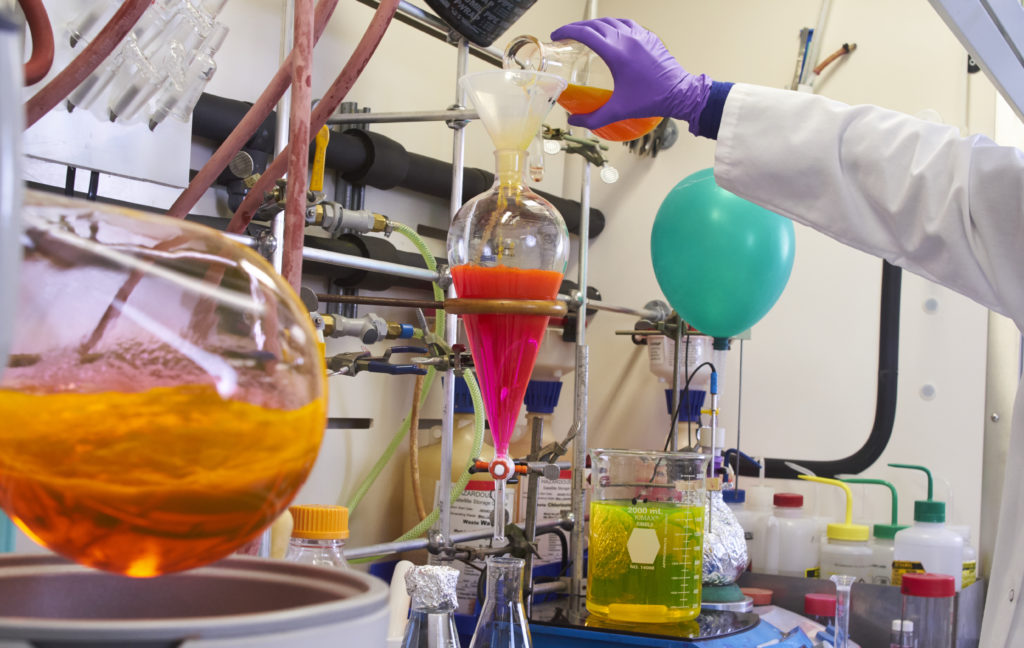If you were tasked with destroying something called “forever chemicals”, chances are you’d be leaning towards rather harsh methods. Incineration would probably be on the table.
These so-called “forever chemicals”, or per- and polyfluoroalkyl substances (PFAS), are a family of organic compounds where fluoride replaces hydrogens atoms on carbon chains. They are very water and oil repellent, which makes them ideal for use in non-stick cookware, stain-proof fabrics and fire-suppressing foams. Recent studies, however, show that exposure to PFAS is linked to a range of health issues—from increased cholesterol levels to some cancers. Even levels of PFAS present in drinking water in as low as parts per billion levels can pose risks to human health. These risks are exacerbated by the tendency for PFAS to bioaccumulate, or become concentrated in the tissues of humans and animals.
Methods do exist to filter out PFAS from water. But what do you do when it’s time to replace those filters? Simply throwing out PFAS-contaminated equipment just moves the problem to a landfill.

Instead, these “forever chemicals” need to be destroyed. Most existing strategies for breaking down PFAS use harsh conditions, such as incinerating PFAS residues in furnaces or oxidizing them in supercritical water—water that is at more than 37°C and 200atm of pressure. Now, scientists reporting in Science have discovered that such extreme methods may not be needed to destroy “forever chemicals” (1).
Continue reading ““Forever” Chemicals: Forever No More”
